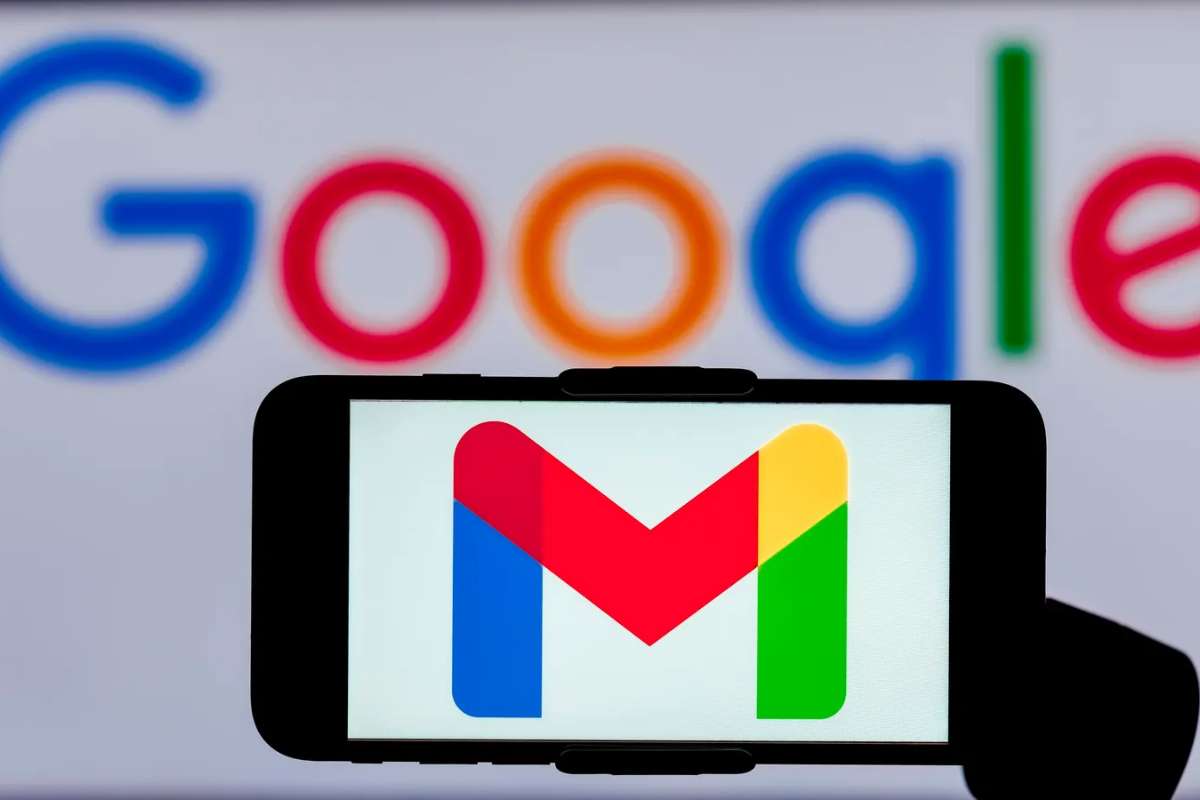A major cybersecurity incident has exposed over 183 million verified Gmail passwords and accounts, including passwords, marking one of the largest credential leaks reported this year. The stolen data has been added to the Have I Been Pwned (HIBP) database, created by cybersecurity expert Troy Hunt, enabling users to check whether their Gmail passwords were compromised.
Data from Multiple Sources
According to Hunt, the new collection includes stolen emails, web addresses, and Gmail passwords derived from stealer logs and credential-stuffing databases. Stealer logs are created by malware that captures login details from infected devices, while credential-stuffing lists compile previously stolen Gmail passwords to gain unauthorized access to multiple accounts. The data, gathered over nearly a year as part of the Synthient threat-intelligence project, amounts to around 3.5 terabytes and contains about 231 billion records of compromised information.
Cyber experts believe this leak reflects a growing pattern where Gmail passwords and credentials are accumulated from several smaller breaches, rather than originating from a single hacked company. Such datasets circulate within cybercriminal networks and are later compiled into massive archives like this one.
How Much of the Data Is New
An analysis of 94,000 entries revealed that 92% of the data had been seen in earlier breaches. However, 8%—about 16.4 million email addresses and Gmail passwords—were completely new. This newly exposed data poses the most serious risk, as these credentials may still be in use. Some affected users confirmed that their Gmail passwords from the dataset were still active at the time of discovery.
The breach is particularly concerning because Gmail passwords often act as a gateway to other digital platforms, including banking, cloud storage, and workplace tools. A compromised Gmail password could potentially lead to unauthorized access across several connected services.
Checking for Exposure
Users are advised to visit the Have I Been Pwned website to verify whether their email addresses or Gmail passwords are part of the exposed dataset. By entering an email into the site’s search bar, individuals can learn if their credentials have appeared in any known breaches. Those affected should immediately update passwords and enable two-factor authentication (2FA) across all accounts that share similar login details.
Even users not found in the database are encouraged to review their security settings and change passwords regularly. Experts stress that simple measures like 2FA can significantly reduce the impact of potential breaches.
Password Reuse Still a Major Threat
One recurring problem is password reuse. Many individuals use identical passwords across multiple platforms for convenience. Once a single password is compromised, attackers can exploit it to access several other accounts in what is known as a credential-stuffing attack.
Cybersecurity specialists recommend using password managers that generate strong, unique passwords for each service. These tools reduce the likelihood of mass account takeovers and eliminate the need to memorize complex credentials.
What This Means for Companies and Users
This breach underscores that even trusted digital services such as Gmail, Facebook, and Apple are not immune to cybercrime. While the stolen information likely did not come directly from Google’s servers, compromised Gmail passwords, devices, and shared credentials remain weak points.
For companies, this incident highlights the importance of monitoring for leaked credentials and enforcing strict password policies. For individuals, it serves as a reminder that digital security requires ongoing attention and proactive management. Avoiding public Wi-Fi for sensitive logins, regularly updating passwords, and maintaining 2FA can collectively reduce exposure to cyberattacks.
Google’s Standard Advisory
Google has not issued an official statement regarding this breach but continues to promote its standard security practices. These include activating two-factor authentication, performing security audits, and reviewing recent account activity for unauthorized access. While the breach did not directly compromise Google’s infrastructure, the exposure of active Gmail credentials demands swift user action..
Cybersecurity experts warn that stolen data and Gmail passwords can circulate online for years, leaving individuals vulnerable to future attacks. As the frequency and scale of such leaks grow, the focus on digital hygiene—secure Gmail passwords, regular updates, and user awareness—remains more critical than ever.
Also Read: Massive Data Breach Exposes 183 Million Gmail Accounts in Latest Cyber Threat






